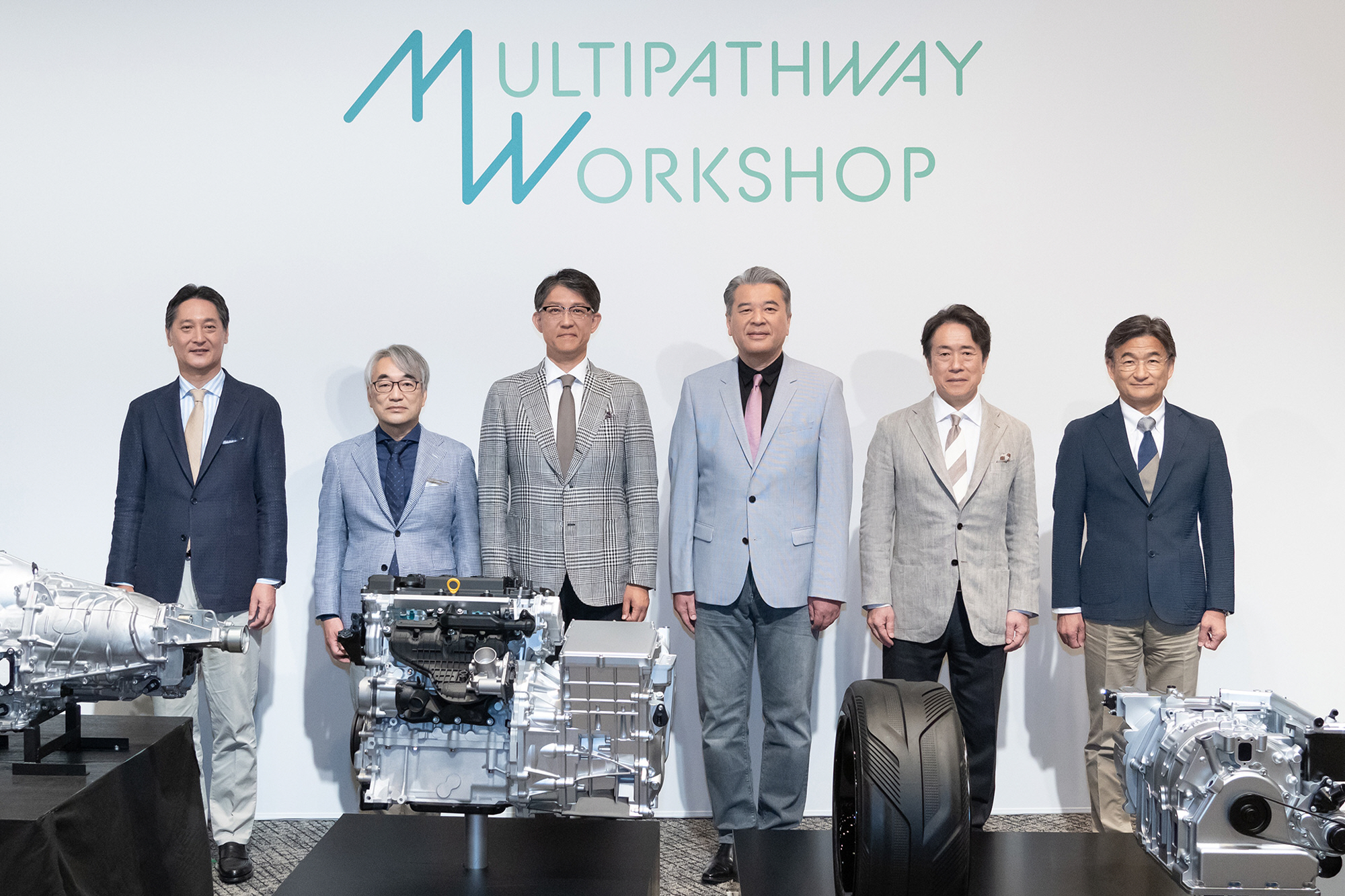
Subaru, Toyota, and Mazda, three major automotive companies from Japan, have declared their commitment to developing new engines suitable for electrification to achieve carbon neutrality. The goal of their newly announced engine development is to create an optimal combination with electrification components like motors and batteries. Additionally, they plan to miniaturize the engines, not only innovating the car’s packaging but also enabling internal combustion engines to achieve carbon neutrality by adapting to various carbon-neutral (Carbon-Neutral, CN) fuels.
So far, Subaru, Toyota, and Mazda have worked to develop distinctive engines that symbolize each brand, contributing to diverse lifestyles of their customers.
To achieve carbon neutrality, they have been actively working under the philosophy of expanding options through “(the public enemy we must fight against) carbon” and “broadening choices with a passionate commitment to action.” This includes developing engines along with supply chains that support them and measures to secure future employment. The three companies have also been pushing to expand powertrain and fuel options, responding to extreme situations such as entering vehicles running on liquid hydrogen and CN fuels in racing events.
Through these efforts, the role of future engines in realizing carbon neutrality has become clear. The next-generation engines will not only enhance the standalone performance of engines but will also aim to create the best combinations with electric units to maximize their respective advantages.
Compared to existing engines, there are plans to achieve high efficiency and high output along with compactness, which will revolutionize the automotive packaging as well. By using a compact engine, they can lower the engine hood further, enhancing both design and aerodynamic performance while improving fuel efficiency. The development of these engines is expected to meet increasingly stringent future emissions regulations. The new engines will adapt to various fuels away from fossil fuels, including e-fuels (synthetic fuels), biofuels, and liquid hydrogen, contributing to the promotion of carbon-neutral fuel.
During this announcement, the CEOs of the three companies shared the following:
Subaru’s Atsushi Osaki stated, “Realizing a carbon-neutral society is a task that the entire Japanese industry and society must undertake. We will further develop automotive electrification technologies while also improving the horizontally opposed engines for carbon-neutral fuels.”
Toyota’s Koji Sato commented, “To provide customers with various options that contribute to carbon neutrality, we will challenge ourselves to evolve the engines suited for future energy environments. The three companies that share this vision will continue to strive and develop technology without pause.”
Mazda’s Masahiro Moro expressed, “By developing internal combustion engines for the electrification era, we will broaden the feasibility of carbon neutrality through a multi-pathway approach and continue to provide customers with exciting vehicles. We aim to create a rotary engine compatible with electrification and carbon-neutral fuels into a technology that contributes broadly to society through ongoing ‘co-creation’ and competition.”
The three companies maintain their collaboration for achieving carbon neutrality through multi-pathway options while competing in engine and automotive tuning. They plan to foster a collaborative future for the Japanese automotive industry with those who share similar ideas and technologies.
Byungjin Lee daedusj@autodiary.kr
